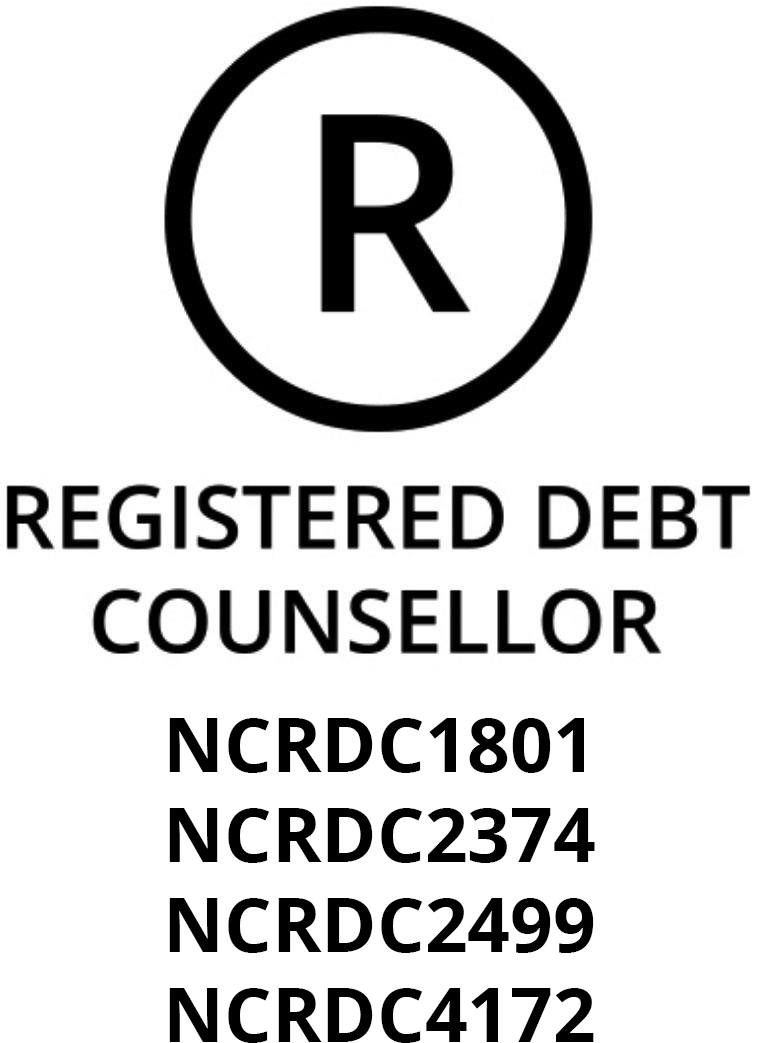When you have a lot of debt with various providers, it can be difficult to focus on which credit agreements to settle or contribute to first if you come into a lump sum of money.
There are two techniques that are generally used when it comes to prioritising which debt to pay off first. You can either pay the smallest debt first (also known as the snowball method) or you can pay off the debt with the highest interest first (also known as the avalanche method).
Here we are going to focus on how you can use the avalanche method to pay off your debt.
It is important to note that you should be paying at least the minimum instalment on all your credit agreements each month. But, if you can afford to pay more than the minimum on some of your instalments - and are therefore able to pay off some of your debt quicker - it is important to choose which debt to prioritise paying off wisely.
1. Start with your credit cards
Your credit cards are usually the highest interest-bearing debt. You can pay up to 27% interest for your credit card, depending on your credit provider, credit profile, and other risk assessment criteria. You should, therefore, pay it off first.
Remember, if you decide to close your credit card, you will also incur fees. If you decide to keep your credit card open, you will pay monthly fees even if you are not using the funds in your account.
2. Detach yourself from personal loans
Personal loans have high interest rates attached because they are not secured — meaning that these loans are not backed by the security of an asset. The repayment term can be as long as 84 months.
Creditors usually charge a high interest rate because these loans pose a high-interest risk to them. Should you default on your payments, creditors will have no way of recovering their funds.
Need debt counselling or consolidation?
Explore DebtBusters' solutions for reducing your interest rates and unlocking cash.
Find out moreIf you have more than one personal loan and are struggling to keep up with your debt repayments, you can look to consolidate them for easier payments. DebtBusters can help you consolidate your debt without taking out another loan.
3. Keep it moving with your car loan
While you are paying off your highest interest-bearing debts, keep on paying your car loan. If you don’t, there might not be a car to pay off because creditors will repossess it, and your credit report will be tarnished.
Once you have completed paying your personal loan, you can focus on your car loan. Put in as much as you can towards it because the longer you take to pay it, the more you pay.
A car loan can take up to 72 months to pay, but you can shorten the term by paying a lumpsum or doubling the instalments.
4. Manage your bond
The interest rate on your home loan is lower than that of most car loans because it is backed by an asset that valuable. Should you default on your payment, the creditor will sell the asset to recover its funds.
You should always allocate a minimum payment towards your home loan. Failure to do so will result in homelessness. The bank will not hesitate to repossess the house and sell it to another willing buyer.
If you are not sure which debt to pay first, our debt settlement department can help you prioritise your debts, and create a new repayment plan for you. Call our consultants at 086 999 0606.
Let us call you back
Fill out our form below to get a free call-back from one of our consultants to discuss your debt situation.
Jump to form




